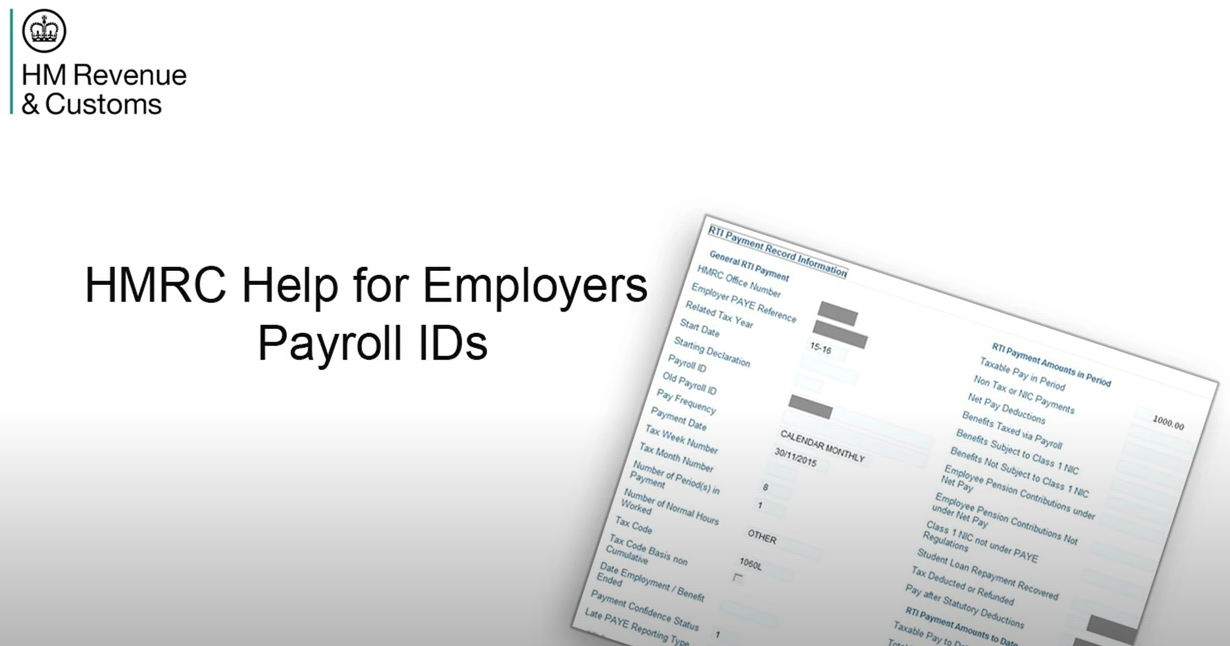Holiday Pay – 12.07% RIP
The supreme court has dismissed the Harpur Trust vs Brazel appeal and so 12.07% cannot be used for holiday pay. All workers need to receive 5.6 weeks holiday pay (not pro-rated) and zero paid weeks need to be excluded from 1-week’s average pay. Payroll will need to maintain weekly pay records, even if using a non-weekly pay frequency e.g. monthly or 2-weekly. Software will need to retain a list of the last 104 weeks (maximum) on each … Read more





